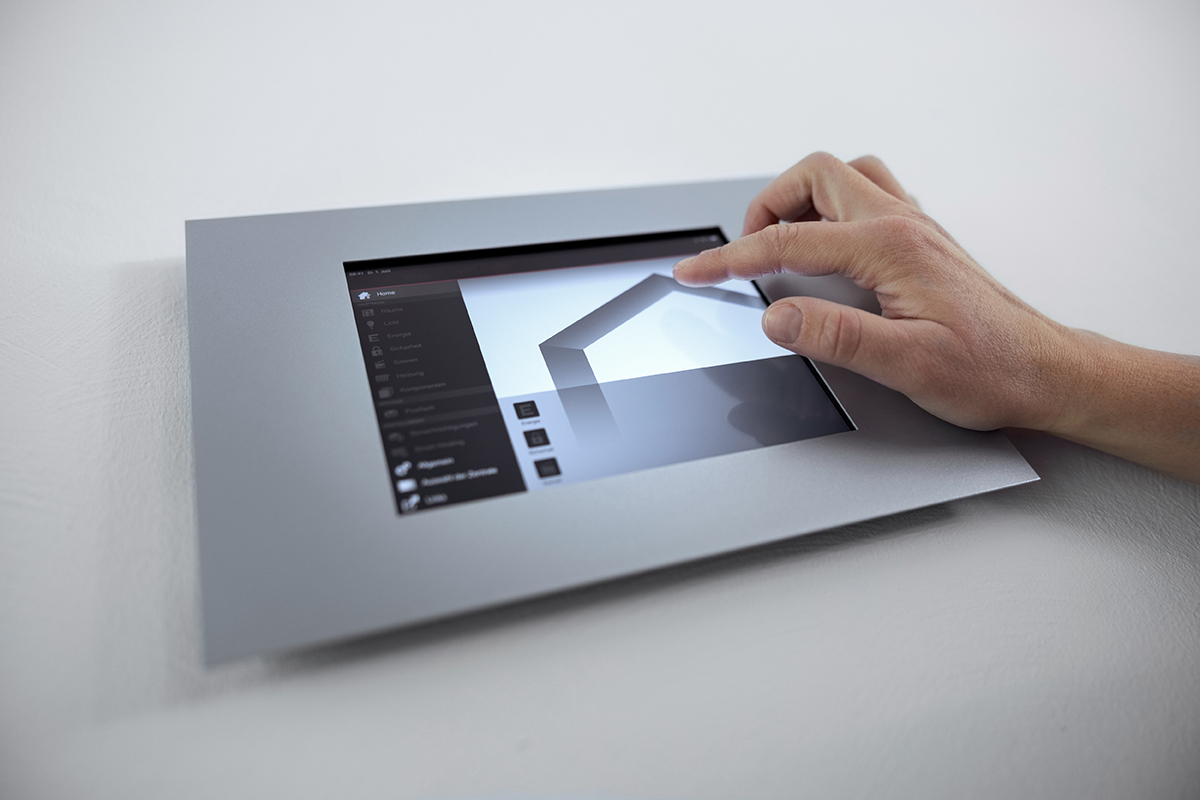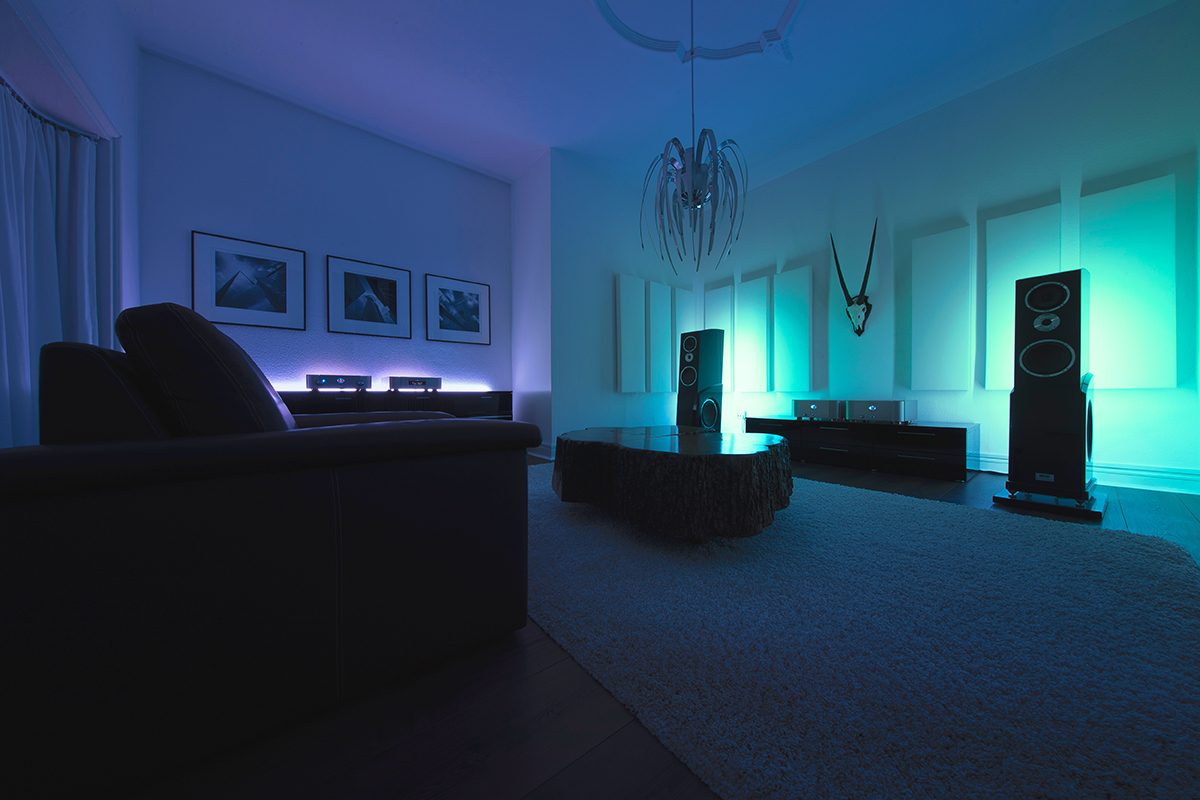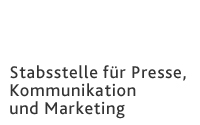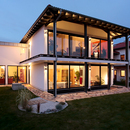Executive Department for
Press, Communication and Marketing
Adolf-Reichwein-Straße 2a Gebäude AVZ (Gebäudeteil AR-NA) 57068 Siegen
Phone: +49 (0)271/740-4915 Fax.: +49 (0)271/740-4911 E-Mail: presse@uni-siegen.de
A smart home for everybody
Intelligent meters and analysis software can help households save electricity. Yet, uptake has been slow because of consumers’ data protection concerns and the complexity of the technology. The EU-funded GECKO project aims to change that.
Under the leadership of the IT Security and Consumer Informatics Department of the University of Siegen, a group of international research institutes and companies is developing secure, user-friendly ideas for low-consumption homes of the future. 15 households in and around Siegen will help the researchers develop and test the technology under real-life conditions.
When the first smart electricity meters were launched on the market a few years ago, many people saw this as the start of massive energy saving in homes. These devices measure very precisely which appliances consume how much electricity and at what times. Therefore, they give an accurate picture of the behavior of users. For example, based on smart metering data, it is possible to see when people went to bed or watched TV. But there wasn‘t much you could do with this data alone. »The data by itself is a dead resource,« says Professor Dr. Gunnar Stevens. He explains: »The trick is to use it to develop ideas for applications and energy-saving solutions that consumers will ultimately accept.« Stevens is an expert in consumer informatics at the University of Siegen. He knows that it makes many people uncomfortable when they don‘t know what a software is doing when they feel they are being controlled by external forces, or discover that algorithms develop a life of their own. »If you want to develop smart tech for homes, it has to be transparent, and it must be clear why it is doing a particular thing,« says Stevens.

Siegen households as real-life labs
Working together with his team and colleagues from nine other research institutes and companies, Stevens wants to develop solutions of this kind over the next four years in the GECKO EU project. 15 young researchers are currently being hired for the project, including AI specialists and social scientists. Steven‘s working group is focusing above all on users. Currently – in fall 2021 – the team is looking for households in the Siegen region interested in taking part. »We will install smart-home technologies in the homes so we can collect key consumption data and develop intelligent control concepts. But our main goal is to collaborate with the participants to find ideas for smart energy-saving solutions,« says Christina Pakusch, an IT economist in Steven‘s team who is responsible for coordinating the GECKO project. During a launch event for all participating households, the team will explain the technical background and the research agenda in more detail. But Stevens also stresses the importance of staying in close contact with the people taking part: Over the course of the project, research team members will visit the homes, and there will also be group meetings where the participants can talk about their experiences.
For now, there are no preconceived ideas about what applications for smart, sustainable, and user-friendly home control will ultimately result from the GECKO project. But of course, some interesting approaches are already on the table, says Stevens. One of them is the concept of a »smart comparison portal«: The idea behind this is that algorithms would analyze electricity consumption patterns and user behavior to determine what appliances use relatively high volumes of electricity, and then calculate whether it would make sense to buy a more energy-efficient appliance. The software could search for current prices in online stores and then calculate when the new device would recoup ist cost. Similarly, the software could determine whether it’s worth buying a photovoltaic system, taking into account the prices for electricity fed in and/or current electricity prices.
How to save energy in the real world
»We also need to take into account rebound effects, which can wipe out energy savings,« says Stevens. The problem is that when consumers know they are saving electricity, they sometimes ramp up their consumption. For example, if you get rid of your old, inefficient TV, you could buy a more energy-efficient LED flatscreen. But if you go for a bigger model, the new TV could use just as much electricity as the old one. In a similar way, when consumers buy more efficient new cars, many of them choose larger and heavier models, says Stevens. The GECKO working groups in Aalborg (Denmark) and Glasgow (Scotland) have studied many such effects. Their main motivation is to make sure the solutions they develop display minimized rebound effects.

Technology that people accept
For many years, Stevens has been studying the attitudes of users to smart home technology. A few years ago, in the SmartLive project funded by the German Ministry for Economic Affairs and Energy, his team worked on how to display the electricity and consumption data provided by the meters in a way that is clear and intuitive to understand. A spinoff from the project is open.INC, which today supplies primarily industrial customers with an analysis software including a graphical interface. The interface presents the values and results in easy-to-read graphics. »The focus in that project was on data visualization. In GECKO, we‘re looking at the human side of things,« the IT expert notes. How can technical appliances be designed so that they offer all consumers an advantage and are accepted by consumers without any misgivings? Stevens points out that you first have to understand the users and know what they want and need. »For example, who would have thought that most people use digital surveillance cameras privately to keep an eye on their pets?«
A key factor in the acceptance of smart metering technology revolves around privacy. Many people who use search engines like Google already know that their browsing behavior is saved. But it‘s a different thing entirely if smart electricity meters and other devices in your home log your behavior 24/7. Today‘s software can easily find out things like how many people live in a household, and what time they get up in the morning. »Technologies like neural networks and self-learning software that recognizes patterns of behavior have gradually developed into extremely high-performance systems in the last few years,« says Stevens. He adds that a great deal of computing power is now available at low cost. This makes extensive data analysis viable. »However, you can use data for good or bad, which is why we‘re developing solutions in GECKO which are very secure and protect users from data misuse.«
Solutions for everybody
»It‘s essential that we make
the software explainable,« says Pakusch. »People should know
what the algorithms do with the data, and why they ultimately
reach a certain conclusion. That‘s why it‘s so important that
we stay in close contact with the households taking part in our
project.« She and her colleague Timo Jakobi, who is also
responsible for coordination of GECKO, are keen to ensure that
the households reflect the general population as far as
possible. »It will not help just to work with people who are
already tech-savvy. We also and especially want to include
people representing the many consumers who simply want good
technology for everyday life,« says Pakusch. »After all, we
want to develop solutions that benefit
everybody.«
The GECKO project
is supported by
the EU as part of the Horizon 2020 program (Marie
Skłodowska-Curie Innovative Training Networks, MSC-ITN) with a
sum of around EUR four million. The IT Security and Consumer
Informatics Department of the University of Siegen is
responsible for project coordination. Other participants in the
project are working groups from universities and research
institutes in Denmark, Germany, Greece, the UK, Norway, and
Sweden. Also involved are consortium partners from the US
without EU funding. GECKO is an acronym for »building GrEener
and more sustainable soCieties by filling the Knowledge gap in
social science and engineering to enable responsible artificial
intelligence co-creatiOn«. https://gecko-project.eu/
German text: Tim Schröder
Pictures: Sascha Hüttenhain Photography


